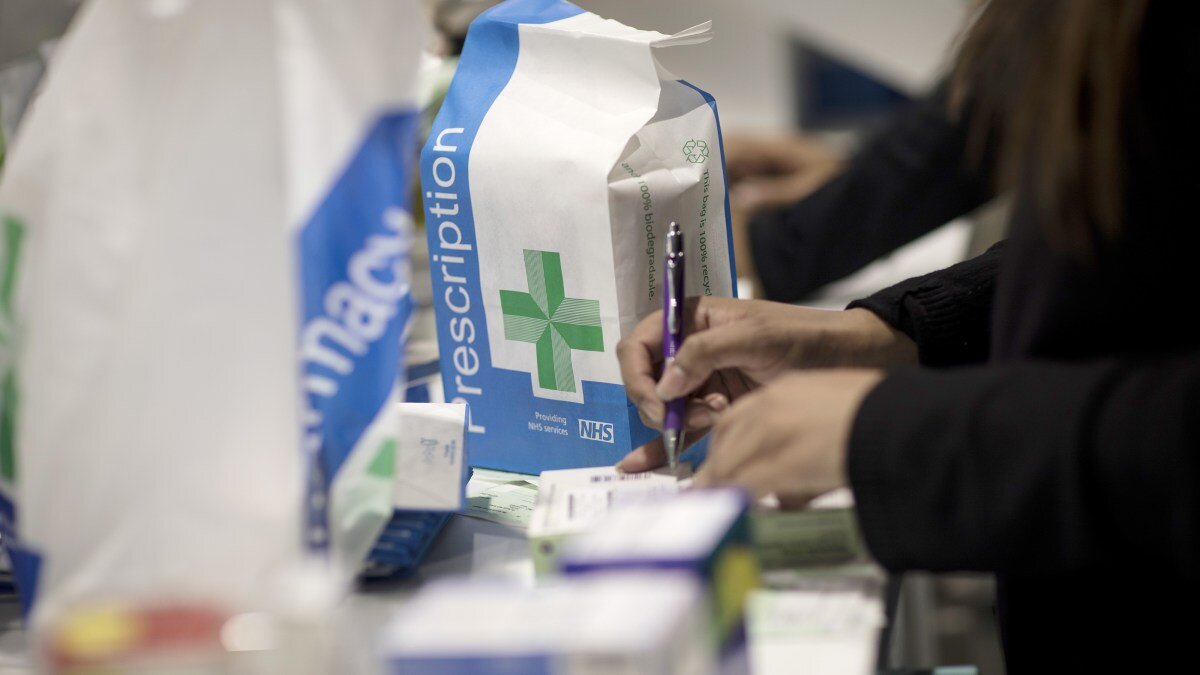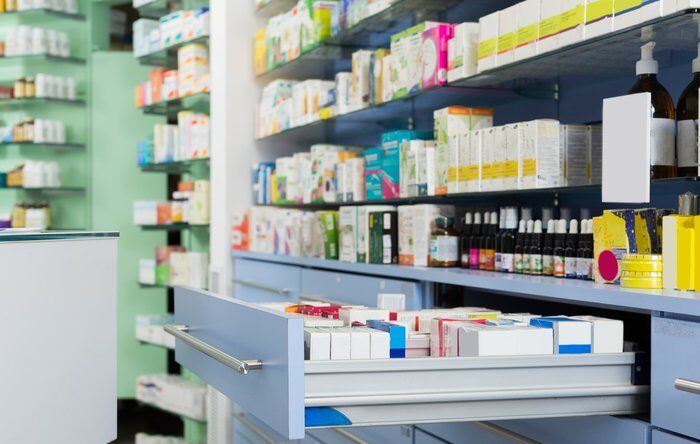Medication shortages are causing a serious headache for community pharmacists. Figures published this week show the number of drugs in short supply have doubled in just two years. Tracking down medication from suppliers is consuming a huge quantity of pharmacists’ time. With Pharmacy First imminent, Louise Laban, Director of Sales and Marketing, explores a solution which would remove this issue from pharmacy stores so pharmacists can focus their attention on face to face patient care.
Medicine shortages have doubled in the past two years according to recent figures. By the end of last year there were 96 drugs on a shortage list according to the British Generic Manufacturers Association, with supply notifications issued for a further 10 treatments to NHS providers in the UK since then. [1]
It’s no wonder then that pharmacists spend as much time sourcing medication as they do dispensing it. Janet Morrison of Community Pharmacy England (CPE) called the shortages unprecedented and said while pharmacy teams had been struggling to get hold of prescription medicines for many months, the problem was now “worse than ever”. Speaking at the Health and Social Care Select Committee’s inquiry into pharmacy earlier this week, Mark Koziol of the Pharmacists’ Defence Association (PDA) said he was aware of some pharmacist members spending four and a half hours a day trying to source one medicine from suppliers. It goes without saying that this is not a worthwhile use of pharmacists’ time. Many pharmacies are already at breaking point, this is another headache that they simply don’t need.
What is the Cause of Drug Shortages?
The factors causing the medication shortage crisis are multi-faceted. The plummeting purchasing value of the pound since the Brexit referendum is said to have reduced the NHS’s ability to source medicines abroad. The war in Ukraine and problems with global supply chains have impacted medication supply in countries across Europe and concerns have been raised around new market instability following the latest conflict in the Red Sea, a shipping corridor for medication ingredients. Some medications have been impacted as it is simply now in higher demand than they were previously, for example ADHD and menopause medication.
Government policy to limit NHS spending on branded drugs is said to be impacting the pharmaceutical industry’s willingness to invest in supplying to the UK. Then there is the fact that the NHS is increasingly having to issue price concessions to increase the level of reimbursement to pharmacists due to spikes in demand and market prices. In December alone there were as many as 152 price concessions. This is an indication that companies are struggling to provide medication at costs previously defined by officials.
With such levels of complexity at the very heart of the shortages, there is no one quick fix that will solve the medication shortage issue pharmacists and patients face on a daily basis. It will take partnership working at the highest level to tackle the cause of these shortages before we can expect to see any improvement.
Actions Pharmacy Can Take Today
However, one thing is very clear. Pharmacists should not be spending all their time sourcing and purchasing medication. This is not what they were trained to do and it certainly won’t help them in finding time, which is already in short supply, to start delivering Pharmacy First consultations in a matter of days. Speaking at the Health and Social Care Select Committee into pharmacy, Mark Koziol of the PDA said we needed to move away from the pharmacists being involved in the purchasing, the sourcing and the buying of medication:
“If we could move to a situation where all of the prescriptions are generated electronically, if when the pharmacist arrives in the morning and those medicines are already in the pharmacy pre-bagged, pre-checked and pre-labelled, and there is technology out there that can enable that to happen, pharmacists will spend all of their time on clinical issues as opposed to assembly and preparation.”[2]
Speaking at the same inquiry, Nicola Stockmann, Vice President of the Association of Pharmacy Technicians UK (APTUK) was also quick to agree that technology had a key role to play:
“If there are certain elements of the pharmacy service that can be automated safely then that frees up the pharmacy professionals to best utilise their skills in patient facing care which would then reassure the patients’ confidence in pharmacy, which can only be a good thing.”[3]
As Mark Koziol points out there is software and technology available which will allow the fulfilment and assembly of medication for repeat prescriptions to be done off site, releasing capacity in the pharmacy store. Under a hub and spoke model medication can be delivered to the pharmacy checked, bagged and labelled ready for dispensing to the patient. For smaller pharmacies there are also Tote2Spoke solutions which allow wholesalers to send medication to stores in patient specific totes, with software that guides pharmacists seamlessly through the bagging and labelling process.
Pharmacy Automation By Centred Solutions
By centralising the fulfilment process the issue of sourcing medication doesn’t go away but it does end up being centralised at one location. So instead of numerous pharmacy stores spending hours and hours online or on the phone trying to track down medication, it’s all done at one location at the hub. This means you release much needed capacity in store, creating more time for patient-facing services.
At Centred Solutions, we offer a range of pharmacy automation software to support your pharmacy. Whether you are a standalone pharmacy that could benefit from your own mini hub or you need support managing patient medication from a wholesaler or warehouse, we have the solution for you.
Contact us today to arrange a demonstration of any of our products.
[1] https://www.theguardian.com/society/2024/jan/14/nhs-medicines-shortage-putting-lives-at-risk-pharmacists-warn?CMP=Share_iOSApp_Other
[2] https://parliamentlive.tv/event/index/549ac412-bb4f-48f8-9758-eaca62788652
[3] https://parliamentlive.tv/event/index/549ac412-bb4f-48f8-9758-eaca62788652




